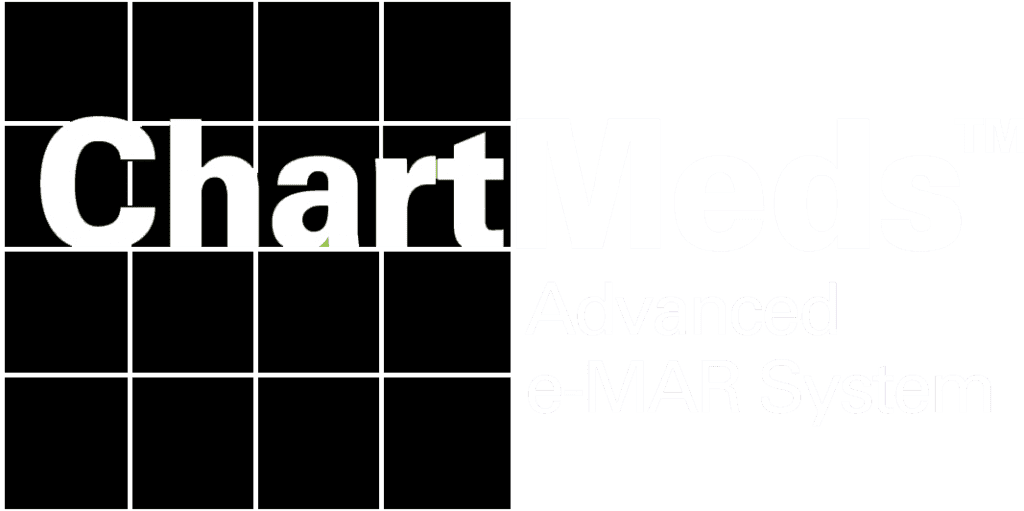Public health organizations have a vital and unique mission in our society. They protect the population from disease outbreaks and other health threats and work to improve the overall well-being of citizens. In order to carry out this important work, public health organizations need access to EHR software systems that can save them valuable time and money.
In a sector where budget constraints are common, the value of your staff’s time plays a more important role than ever. Rather than sinking business hours on administrative tasks related to patient records, having a system that can handle most or all of these operations will not only allow you to optimize your budget, but also provide more space for your team to focus on its core missions.
Today, we are going to cover some essential benefits of EHR implementation and why you should consider it for your public health organization. Let’s begin with one of the foremost priorities: data management.
Gather and Track Public Health Data Holistically
EHR systems give public health organizations the ability to track and store data in a way that is secure, efficient, and informative. This data can come from a variety of sources, including patient interactions, public health screenings, clinical studies, and epidemiological research.
When this data is gathered together in one place, it provides a more holistic picture of the population’s health. This, in turn, allows public health organizations to make more informed decisions about disease prevention and treatment.
In the past, data was often siloed in different departments or isolated on paper records. EHR systems give public health organizations the ability to break down these barriers and create a centralized repository for all their data. This data can then be used to inform population health management decisions.
As part of their advanced data collection capabilities, EHR solutions can also be equipped with decision support tools. These tools can provide real-time guidance to users on best practices for disease prevention and treatment. This can help to ensure that public health organizations are providing the highest quality of care to their patients.
More Efficient Record Storage and Retrieval
EHR systems can also help public health organizations to improve their record storage and retrieval processes. They can be used to create a centralized repository for all of an organization’s data.
Patients of public health organizations can also use these systems as a way to retrieve their own records for personal storage or to provide to other medical professionals involved in their treatment. EHR systems can help to improve patient engagement and satisfaction by giving them more control over their own health care.
Additionally, EHR software includes a variety of features that can help to improve the efficiency of record storage and retrieval for public health organizations. For example, EHR systems can be equipped with document management capabilities. This means that documents can be scanned and stored electronically, which can save space and reduce the risk of lost or damaged records.
Equip Your Hospital Staff to Operate More Efficiently
Administrative staffs in hospitals have a crucial, but often thankless job. They are responsible for managing immense volumes of patient data, coordinating scheduling and appointments, and communicating with insurance companies. An effective Electronic Health Record (EHR) system can help administrative staffs to operate more efficiently and smoothly.
An EHR system can help to improve data management. Rather than having to search through paper records, staff can quickly and easily access the information they need with a few clicks of the mouse, which can also save time managing a large database.
Additionally, an EHR system can help to improve coordination between different departments within a hospital. By sharing information electronically, staff can avoid duplicating work and ensure that everyone is on the same page by having a access to a single, shared source.
An EHR system can also help to reduce the hassle of dealing with insurance companies. Insurance reimbursement is often based on the documentation in a patient’s medical record. With an EHR system, hospitals can quickly and easily generate the reports that insurance companies require. This can speed up the reimbursement process and free up staff time for other tasks.
Get an EHR Solution Engineered for Public Health
Harris Integrative is the leading innovator of public health-focused software solutions to help streamline organizational workflow while remaining compliant with government standards for effective EHR implementation. Our VHN EHR for Public Health is a system that is a fully secured, web-hosted, and HIPAA-compliant solution built specifically for rural hospital systems.
VHN’s difference lies in its powerful Master Patient Index for faster, more accurate, and continuous patient and client identity management. Along with other standard EHR capabilities, you will be able to manage your public health data more effectively while generating more value from the time your team spends during business hours.
To learn more about introducing VHN into your own public health organization, contact us today to schedule a 15-minute call.









